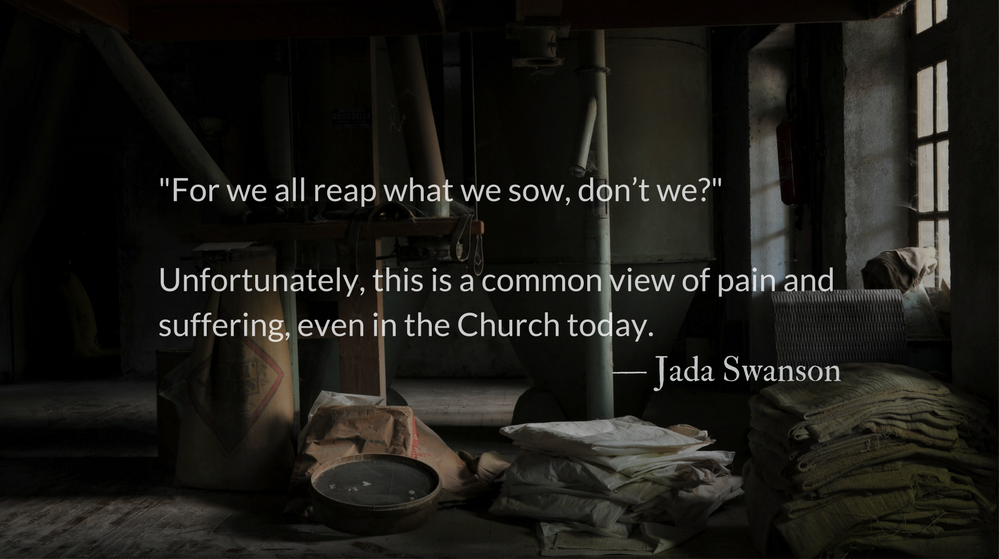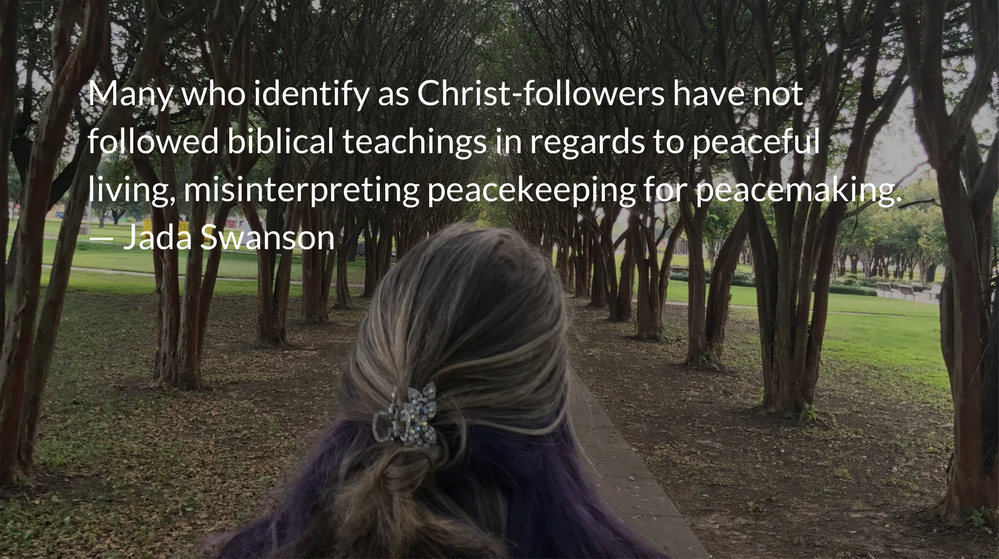Scripture: Job 5:27
We have studied life and found all this to be true.
Listen to my counsel, and apply it to yourself.
Reflection: Holding Space
By Jada Swanson
Eliphaz continues to share his thoughts, encouraging Job to simply turn to God and everything would be alright. When the fact remains, Job never turned away from God to begin with. To his credit, this is what Eliphaz’s tradition has led him to believe. Sadly, he is a misinformed theologian. Which, no doubt, many of us have encountered or, perhaps, we have been at one time or another.
As Christ-followers, we are called to carry one another’s burdens. However, when someone is navigating grief, a traumatic situation, or a horrific loss (relationship, job, etc.), we must resist the need to try and fix the problem, heal the hurt, or repair the damage, and, instead, embrace the tension that exists. Although it can be awkward, during these sacred times, silence is our ally. Instead of expressing empty platitudes or well-meaning, but unhelpful Christianeze expressions, choosing to simply be present with another is the most loving alternative, even if the silence is deafening.
What is most needed in these times is a willingness to simply “hold space” for another. What does it mean to hold space for someone else? Author Heather Plett describes it in this way,
“It means that we are willing to walk alongside another person in whatever journey they’re on without judging them, making them feel inadequate, trying to fix them, or trying to impact the outcome. When we hold space for other people, we open our hearts, offer unconditional support, and let go of judgement and control … To truly support people in their own growth, transformation, grief, etc., we can’t do it by taking their power away (ie. trying to fix their problems), shaming them (ie. implying that they should know more than they do), or overwhelming them (ie. giving them more information than they’re ready for). We have to be prepared to step to the side so that they can make their own choices, offer them unconditional love and support, give gentle guidance when it’s needed, and make them feel safe even when they make mistakes.”
God, help us all to become comfortable with the necessary response of holding space for another. May we sincerely seek and follow the Holy Spirit’s guidance during those times.
The Request for Presence
Early in the morning I cry out to you, for in your word is my trust. — Psalm 119.147
– From The Divine Hours: Prayers for Springtime by Phyllis Tickle.
Full prayer available online and in print.
Today’s Readings
Job 5 (Listen – 2:29)
Romans 9 (Listen – 5:15)











